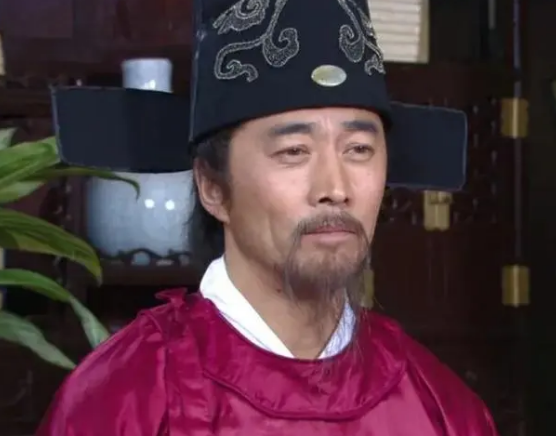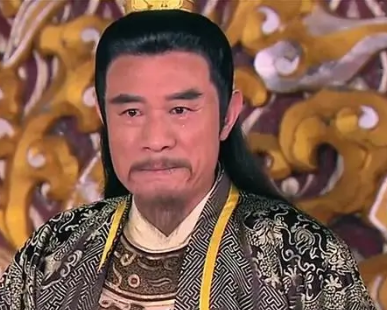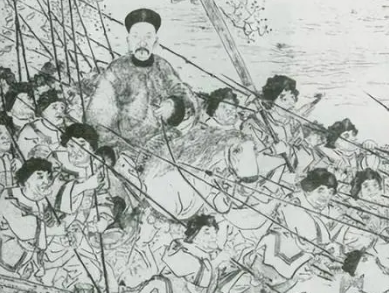The "Shaobing Song" is one of the famous prophetic poems in Chinese history, which is said to be written by Liu Bowen, a famous militarist and politician in Ming Dynasty. This poem uses Shaobing (a type of Chinese flatbread) as a metaphor to depict a series of historical changes and the rise and fall of dynasties, which has been interpreted by later generations as a mysterious prophecy of the future.

I. Original Text and Translation
The original text of "Shaobing Song" is as follows:
"Shaobing song, Shaobing song,
Southerners eat it, while northerners are full.
When northerners eat it, southerners are hungry,
How much do they suffer from running back and forth between the north and the south?"
The modern Chinese translation is roughly:
"Shaobing, Shaobing,
You are eaten by the southerners, but make the northerners feel satisfied.
When the northerners eat you, the southerners suffer hunger.
Who can really understand the hardships and struggles between the north and the south?"
II. Historical Background and Prophecy Interpretation
According to legend, "Shaobing Song" was a prophetic poem written by Liu Bowen in front of Zhu Yuanzhang, the founder of Ming Dynasty. During a banquet, Liu Bowen saw a Shaobing being divided into two parts, with the southern part being taken by a southern official and the northern part being left for a northern official. He felt sad about the fact that the future of the country might be like this Shaobing, with inequality between the north and the south, causing conflicts and disputes.
III. Cultural Significance and Influence
"Shaobing Song" is not only a poem, but also a cultural phenomenon. It reflects the contradictions and imbalances between the southern and northern regions in ancient Chinese society, and also predicts possible future problems. This poem has had a profound impact on Chinese history, becoming an important topic for people to study and discuss.
IV. Conclusion
As a prophetic poem by Liu Bowen, "Shaobing Song" not only reveals deep-seated historical issues, but also reflects the author's deep concern for the future of the country. This poem still has important historical and cultural value today, deserving our further study and reflection.
Disclaimer: The above content is sourced from the internet and the copyright belongs to the original author. If there is any infringement of your original copyright, please inform us and we will delete the relevant content as soon as possible.
































